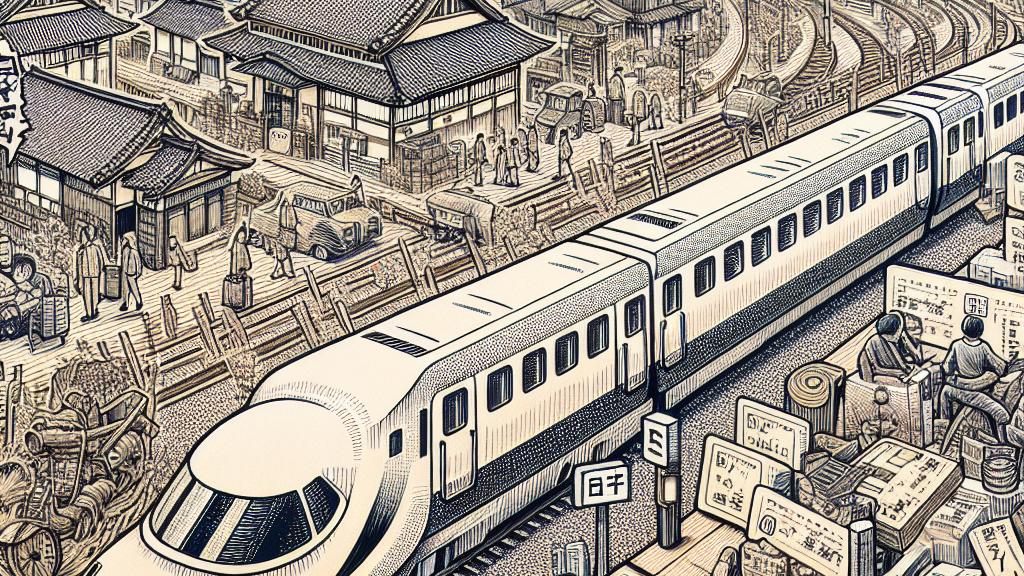Investigation of Train Fare Increase Between Tokyo and Atami
Overview
- Proposed fare hike for the Shinkansen between Tokyo and Atami.
- Impact of JR East's fare adjustments on everyday commuters.
- Comparison of new and old pricing structures in public transport.

Introduction to Fare Adjustments
In Japan, a significant shift is on the horizon as JR Central considers a fare increase for the Shinkansen line that connects Tokyo to Atami. Recently, Shunsuke Niwa, the president of JR Central, indicated that they might adjust commuter pass prices to align with JR East's upcoming fare revisions. Imagine the uncertainty for commuters! If implemented, this could affect either the full route or just specific segments, but thankfully, the standard fare for Shinkansen services will remain unchanged. However, it's crucial for anyone who routinely commutes that they stay informed about these possible changes!
Why the Fare Increase Matters
The motivations behind these fare adjustments go beyond mere financial considerations. Essentially, JR East is facing the pressing need to ensure the sustainability of its services amid rising operational costs. This decision is not happening in isolation; similar actions were seen when companies introduced innovative pricing strategies, including offerings like 'Express Reservation' and 'Smart EX.' For example, consider how ticket prices for a journey from Tokyo to Hiroshima recently surged by over 1,190 yen. Such increases compel passengers to rethink their whole commuting strategy, placing real pressure on their daily lives.
Impacts on Daily Commuters
The implications of these fare hikes for daily commuters are substantial and perhaps even alarming. Picture a commuter who regularly travels from Atami to Tokyo; each hike feels like a tightening grip on their budget. Many will find themselves evaluating their financial limits, possibly forcing them to explore alternative travel options. Furthermore, this isn't just an isolated instance; local transportation services, such as the Shin-Keisei Bus, are seeing rises in prices too. Consequently, commuters are faced with a dilemma: to continue supporting local transport systems or to adjust their routines in search of more economical solutions.
Wider Transportation Dynamics at Play
Examining these fare restructurings offers insights into the larger dynamics of Japan's transportation landscape. Notably, past fare adjustments often ignited spirited discourse about accessibility and fairness. For instance, when a previous price increase led to public outcry, many rail companies had to reconsider their strategies, showcasing how vital collective community voices can be in shaping decisions. Could there be a future where communities unite in advocating for fare reductions or discounts for the most vulnerable? This ongoing dialogue emphasizes that fare increases are not merely issues of pricing but events that influence the balance of real life, shaping transportation access for all.
Wrapping it Up: The Need for Dialogue
As we reflect on the proposed fare hikes between Tokyo and Atami, it's essential to keep the conversation alive. These changes could redefine travel experiences and monthly financial commitments for countless commuters. Engaging in meaningful dialogue with stakeholders can lead to influential outcomes and promote policies that benefit the public. Let's hold decision-makers accountable while striving for fair pricing and sustainable practices in our transportation networks. In the end, each ticket purchased is more than just a journey; it is a shared investment in enhancing Japan's future connectivity—showing us all that together, we can travel toward a better tomorrow!

Loading...